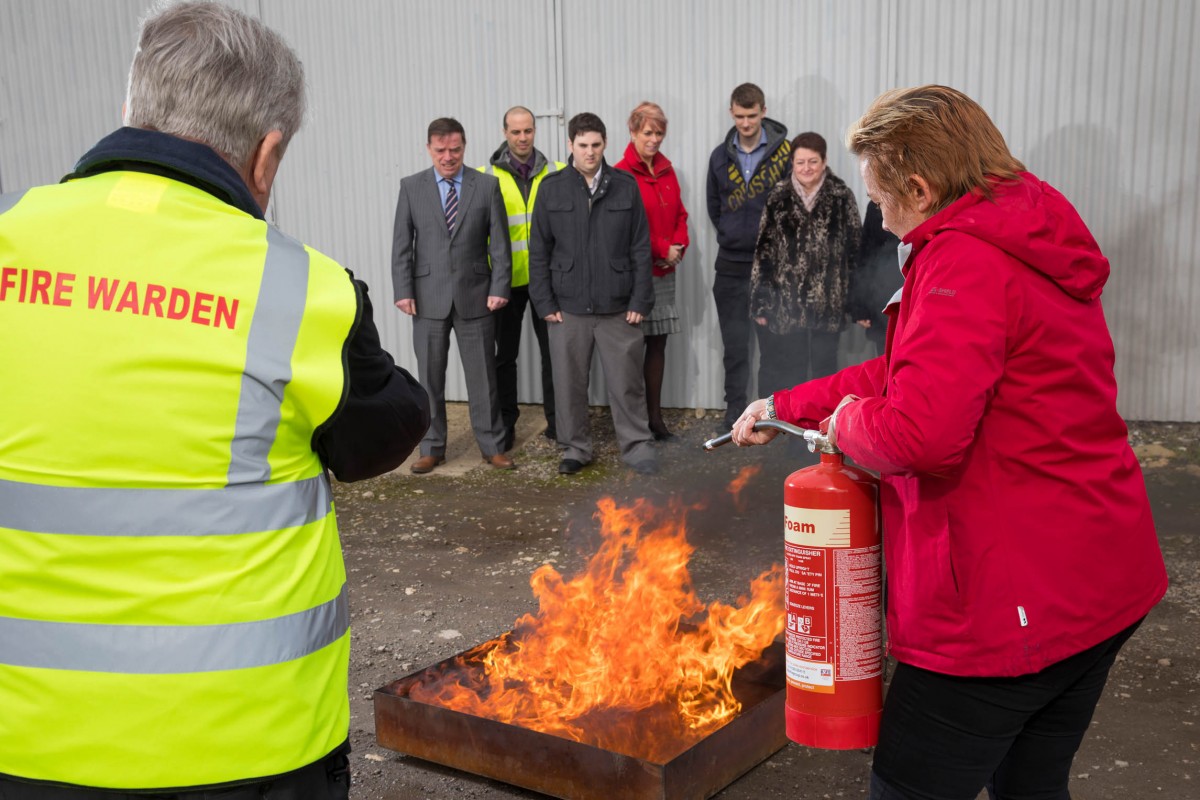Ensuring Fire Safety in US Offices: Fire Brigade Readiness for Businesses
Ensuring Fire Safety in US Offices: Fire Brigade Readiness for Businesses
Blog Article
Ensuring a safe workplace isn’t just a legal obligation—it’s a moral one, protecting employees, clients, and property.
We’ll explain why training matters, how to prepare for inspections, and what best practices help businesses stay compliant year after year.
Read on to discover how to navigate certification renewals with confidence.
Why Every US Company Needs Fire Safety Protocols
According to the National Fire Protection Association (NFPA), thousands of commercial fires occur each year, causing billions in property damage and tragic losses of life.
Companies that prioritize fire prevention demonstrate responsibility, enhance employee trust, and maintain business continuity.
That’s why understanding the full scope of fire safety—training, equipment, documentation, and inspections—is essential for every organization.
Understanding Fire Warden (Brigade) Training Requirements
This training is essential for ensuring that offices can respond quickly and safely if a fire breaks out.
Many programs cover topics like fire extinguisher use, alarm systems, emergency communication, evacuation routes, and post-incident reporting.
Choosing a certified training provider is critical.
How to Prepare for Fire Safety Certification and Renewals
These certifications confirm that the office has adequate fire alarms, extinguishers, evacuation plans, signage, and trained personnel in place.
Review your emergency action plan, ensuring it’s accessible and clearly communicated to all staff members.
Certification isn’t a one-time event—renewals are typically required every few years or after major renovations or occupancy changes.

Best Practices to Maintain Fire Safety Year-Round
Fire safety isn’t just about passing inspections—it’s about maintaining vigilance every day.
Ensure that emergency exits remain unlocked, clearly marked, and free of obstructions at all times.
Host periodic refresher trainings, conduct surprise fire drills, and encourage team leaders to review emergency plans during staff meetings.
Legal and Insurance Implications of Fire Safety Compliance
Beyond regulatory penalties, companies may face reputational damage, employee distrust, and operational disruptions.
Many commercial insurance policies require proof of current fire safety certifications, maintenance logs, and training records.
Investing in compliance is not just about avoiding penalties—it’s about protecting your assets, your team, and your future.

Final Thoughts on Office Fire Safety
Creating a fire-safe workplace is not just about ticking regulatory boxes—it’s about protecting lives, preserving property, and fostering a culture of responsibility.
They not only meet legal obligations but also build trust with employees, clients, and insurers.
Keep your team informed, your equipment updated, and your plans reviewed regularly.
Common Questions on Workplace Fire Prevention
Which employees should receive fire brigade training?
Larger offices may require multiple wardens to cover all floors or departments.
When do I need to update fire safety inspections?
Some certifications also need updates after renovations, equipment changes, or occupancy shifts.
What triggers most workplace fires in the US?
Routine inspections and employee awareness help prevent these hazards.
Can non-compliance void my business insurance?
Staying compliant protects both your business and your financial stability.
What should be included in an office fire safety plan?
A good fire safety plan includes evacuation routes, assembly points, alarm procedures, roles for fire wardens, communication protocols, and equipment locations.
saiba mais aqui como montar brigada de incêndio legislação de incêndio no Brasil Report this page